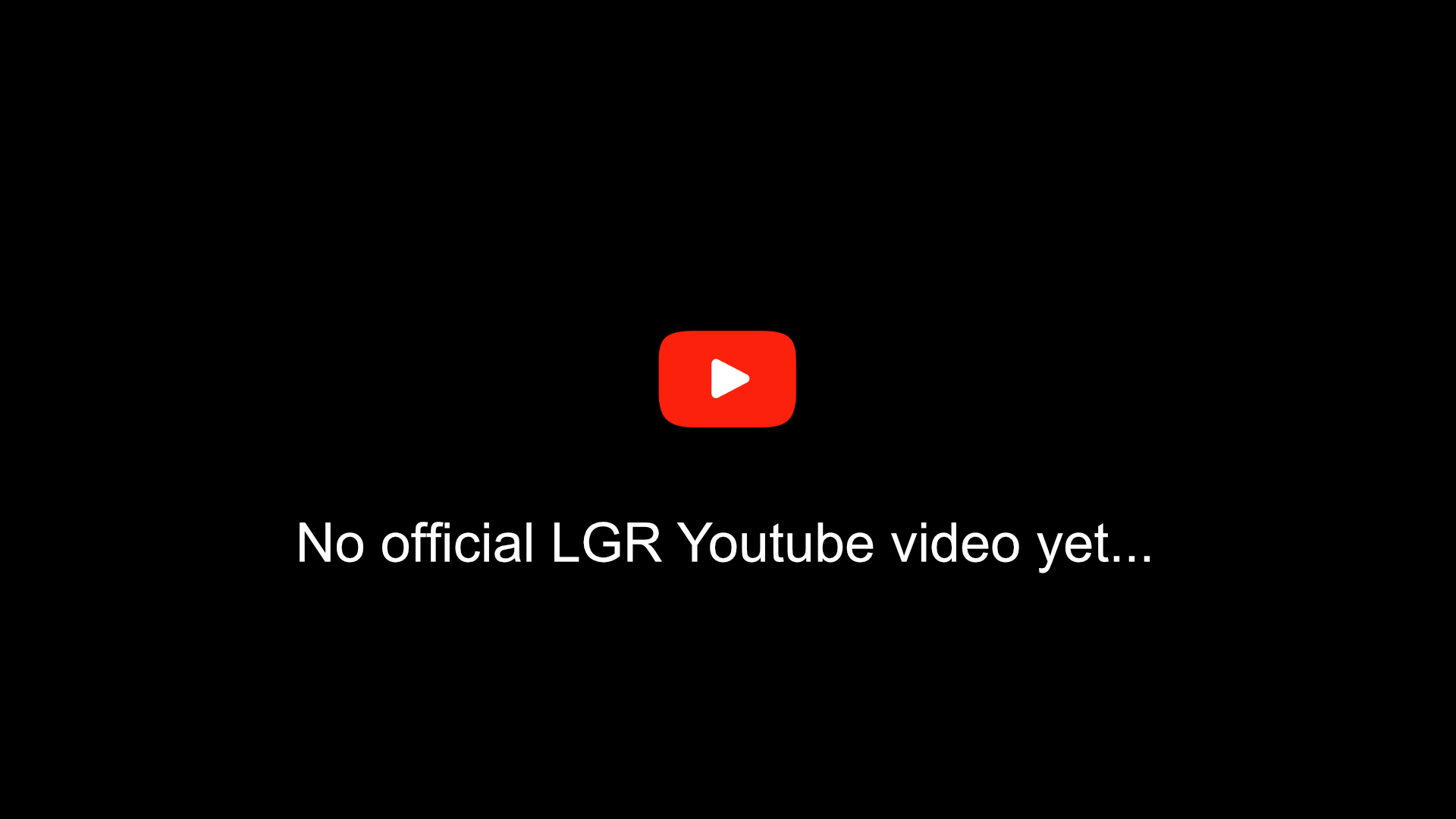Result and Option
Note: No official YouTube video yet, but our Rust Developer Bootcamp covers this topic!

Exercises
Option to Result
// Fix the `fetch_last` function. Do not add any other statement. fn fetch_last<T>(list: &mut Vec<T>) -> Option<T> { list.pop().ok_or() } fn main() { let mut my_nums = Vec::<i32>::new(); match fetch_last(&mut my_nums) { Ok(ele) => println!("Last element: {ele}"), Err(error) => { println!("Error: {error}"); assert_eq!(error, "Empty list".to_owned()); } } }
Solution
fn fetch_last<T>(list: &mut Vec<T>) -> Result<T, String> { list.pop().ok_or("Empty list".to_owned()) } fn main() { let mut my_nums = Vec::<i32>::new(); match fetch_last(&mut my_nums) { Ok(ele) => println!("Last element: {ele}"), Err(error) => { println!("Error: {error}"); assert_eq!(error, "Empty list".to_owned()); } } }
Result to Option
// Use `ok` combinator to convert Result to Option. // Do not add any statements anywhere. fn add(num1: &str, num2: &str) -> Option<u8> { // TODO: only modify the 2 statements below let num1 = num1.parse::<u8>(); let num2 = num2.parse::<u8>(); num1.checked_add(num2) } fn main() { let (num1, num2) = ("4", "5"); if let Some(sum) = add("4", "5") { println!("{num1} + {num2} = {sum}"); } }
Solution
fn add(num1: &str, num2: &str) -> Option<u8> { let num1 = num1.parse::<u8>().ok()?; let num2 = num2.parse::<u8>().ok()?; num1.checked_add(num2) } fn main() { let (num1, num2) = ("4", "5"); if let Some(sum) = add("4", "5") { println!("{num1} + {num2} = {sum}"); } }